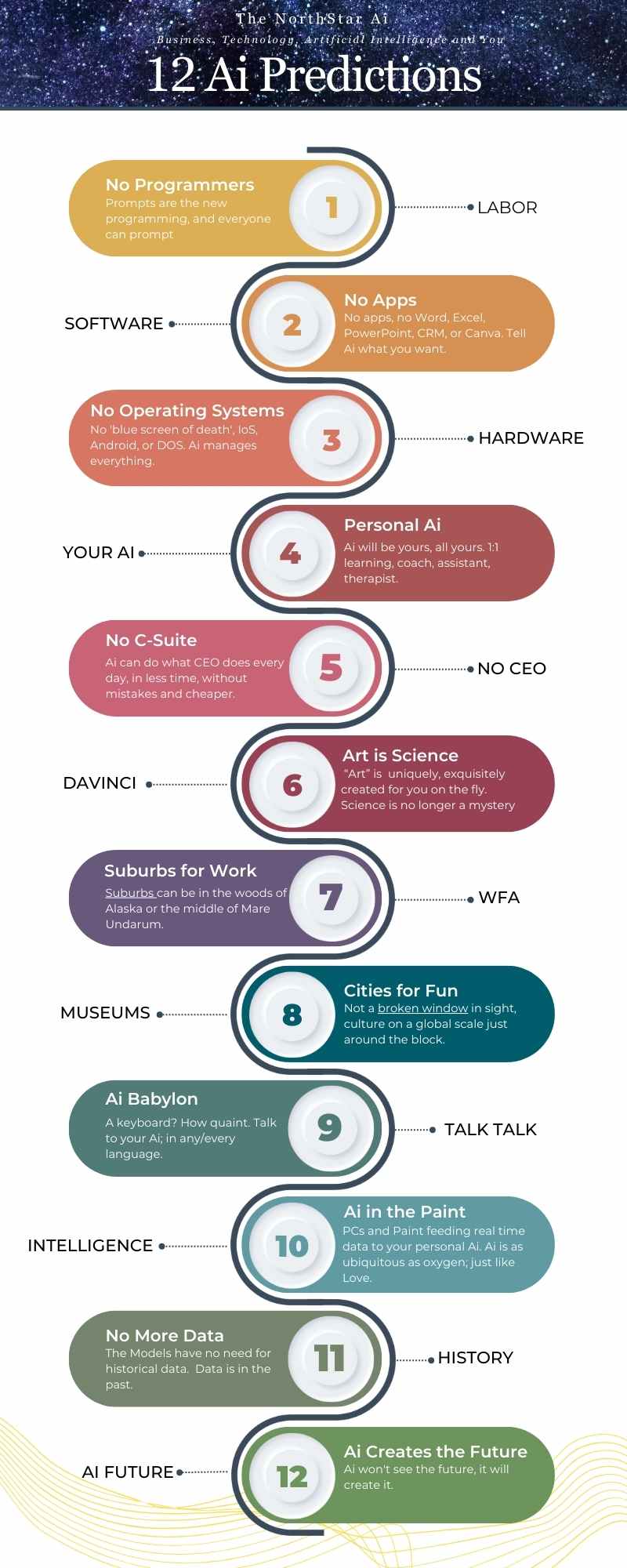Artificial Intelligence (AI) technology has become a pivotal part of our lives, permeating sectors from healthcare and education to agriculture. It offers immense benefits by enabling innovative solutions, driving efficiency, and opening up novel avenues of exploration. However, with this relentless advancement, questions concerning the safety and ethical implications of AI have started to surface more frequently, indicating a need for a more balanced approach to its development. Leading AI-powered chatbots, such as OpenAI's ChatGPT, Google's Bard, and Anthropic's Claude, have become widely influential in various sectors. Nevertheless, these sophisticated systems aren't immune to the inherent vulnerabilities of AI. A recent report by researchers at Carnegie Mellon University and the Center for AI Safety revealed potentially unlimited ways to bypass the safety guardrails of these chatbots, allowing them to produce harmful content, misinformation, or even hate speech ("AI researchers say they've found 'virtually unlimited' ways to bypass Bard and ChatGPT's safety rules", Insider, 2023). "Ignoring the implications and trends that AI is going to bring with it over time would be a massive mistake." - Peter Giger, Group Chief Risk Officer at Zurich Insurance Group This discovery of "jailbreaks" in AI technology raises considerable safety concerns. These AI models have extensive guardrails to prevent misuse, but if adversaries can outwit these measures, the implications could be detrimental. Notably, these "jailbreaks" aren't manual hacks but are entirely automated, suggesting the possibility of countless similar attacks. Meanwhile, the World Economic Forum's Global Risks Outlook Survey has revealed another dimension to the AI dilemma. It emphasized that our current risk management strategies aren't matching the pace of AI advancements. The Chief Risk Officers (CROs) of major corporations expressed concerns about AI posing a significant reputational risk to their organizations. About 90% of these CROs felt the need for more robust regulation of AI, with almost half suggesting a temporary pause in the development of new AI technologies until the associated risks are better understood ("AI: These are the biggest risks to businesses and how to manage them", World Economic Forum, 2023). The concerns raised by these CROs echo a wider sentiment within the industry. Although AI can provide significant benefits, its "opaque inner workings" and the potential for malicious use are worrisome. The lack of transparency about how AI works not only intensifies the risks but also makes it challenging to anticipate future risks. The CROs identified the areas most at risk from AI as operations, business models, and strategies. The current situation calls for a more balanced approach to AI technology. The need of the hour is to align the pace of AI development with the understanding and management of its risks. A pause in the development of new AI technologies may be seen as an extreme measure by some. However, it emphasizes the urgency to address this growing challenge. Peter Giger, Group Chief Risk Officer at Zurich Insurance Group, proposed a more long-term approach to AI, stating, "Ignoring the implications and trends that AI is going to bring with it over time would be a massive mistake." With a vast majority of CROs agreeing that efforts to regulate AI need to be accelerated, the call for action has never been clearer.
Charles G. Peterson, IV
0 Comments
Your comment will be posted after it is approved.
Leave a Reply. |
Topics & Writers
All
AuthorsGreg Walters Archives
July 2024
|


